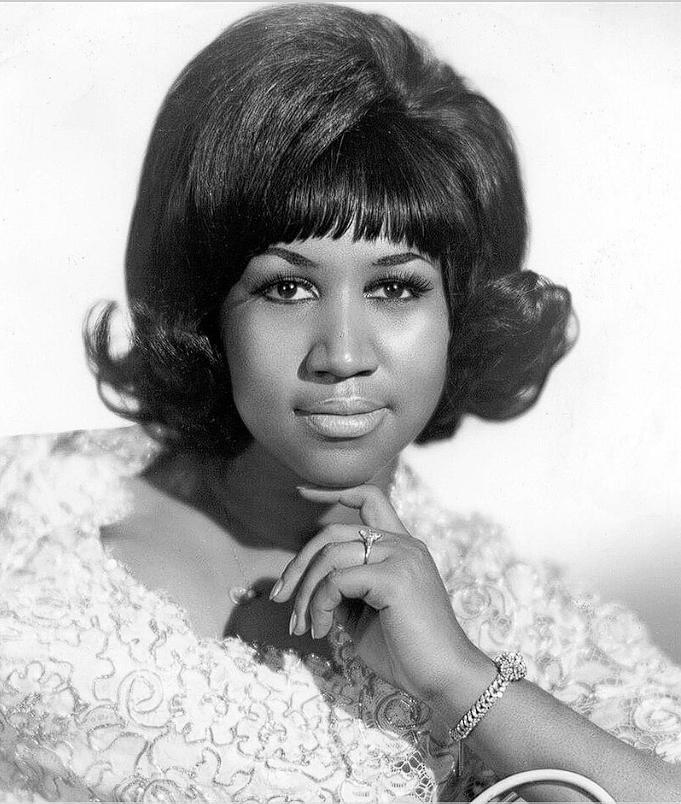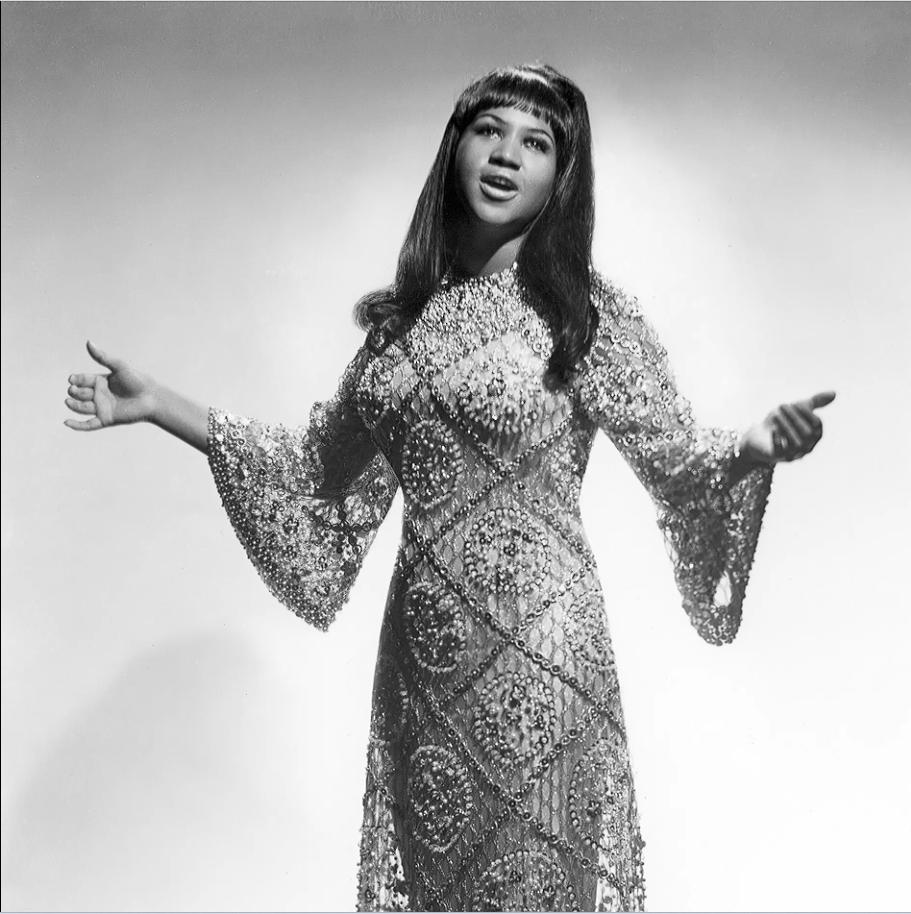Aretha Franklin: The Queen of Soul Who Redefined Empowerment
A Voice That Shook the World
Aretha Franklin’s voice was not just a sound — it was a force, a reverberation that shook the very foundations of the music world and echoed through the hearts of millions. Known as the “Queen of Soul,” Aretha’s legacy goes far beyond her incredible vocal prowess. She became a symbol of power, resilience, and unshakable pride for Black women and for America itself.
Born in Memphis, Tennessee, on March 25, 1942, Aretha was steeped in music from the moment she took her first breath. Her father, the renowned preacher C.L. Franklin, was a powerful voice in the African American community, and Aretha’s home was filled with the sounds of gospel music. From a young age, she could captivate a crowd with the same fiery spirit that ignited her father’s sermons. The church, with its soaring hymns and impassioned vocals, would become Aretha’s first stage, where she honed her craft and learned the power of her own voice.
Yet, Aretha’s journey wasn’t just about gospel. It was about breaking free — from the constraints of her upbringing, from the expectations of others, and from the societal norms that tried to silence her. Aretha didn’t just want to sing; she wanted to be heard on her own terms.
The Anthem of Empowerment
Respect: A Declaration of Independence
In the 1960s, Aretha moved to Detroit, and there, she began recording hits that would shape the soul music genre forever. Songs like Respect, Think, and I Say a Little Prayer weren’t just chart-topping tracks; they were anthems of empowerment. She wasn’t just singing — she was declaring her autonomy, her strength, and her refusal to be overlooked.
“R-E-S-P-E-C-T, find out what it means to me,” she sang in Respect, and in doing so, she created a song that would not only become her signature hit but also a rallying cry for the Civil Rights Movement and for women’s liberation. The song gave voice to the marginalized, the oppressed, and the weary, offering them a moment of recognition and power.
But for Aretha, the fight for respect wasn’t just about the music; it was about living it. In every note she belted, she reaffirmed that no one could ever make her small, and no one could take away the pride she carried within. The resilience she displayed in her music mirrored the way she lived her life, refusing to be diminished by the challenges she faced.
A Life Full of Struggles
Overcoming Personal Battles
Aretha Franklin’s personal life was far from easy. She faced tumultuous marriages, struggled with addiction, and battled health issues that she kept mostly private. Yet through it all, she never let her struggles stop her. She kept singing, kept fighting, kept living — because, as she often said, music was her salvation.
Aretha’s ability to confront adversity head-on, even in the darkest moments of her life, made her not just a musical icon, but a symbol of survival and strength. She showed the world that resilience doesn’t mean perfection; it means continuing to rise, again and again, no matter how many times life knocks you down.
“You’ve got to come up with your own style. You’ve got to live the life you want to live.”
— Aretha Franklin

A Singular Phenomenon
The Queen Who Never Lost Her Voice
As she aged, Aretha’s voice remained a singular phenomenon. While her vocal power evolved, her raw emotion and powerful delivery still commanded the stage. Her presence was magnetic, drawing audiences into every performance, every lyric. Yet it was never just her voice that resonated — it was the courage with which she lived her life. Aretha stood as a pillar for all women of color, for anyone who had ever been told they were too much, too loud, or too bold.
Her music didn’t just entertain; it gave people strength. Aretha’s songs were not just for listening — they were for feeling. Her music made people stand taller, sing louder, and believe in their own worth.
“It’s not about singing. It’s about feeling the music. It’s about expressing yourself and letting others see you.”
— Aretha Franklin

The Legacy of a Queen
A Revolution in Motion
Aretha Franklin passed away on August 16, 2018, but her soul lives on through every note, every lyric, every performance. She was the Queen of Soul because she embodied the very essence of what it means to fight for what you deserve, to stand tall, and to never, ever back down.
Aretha’s music — a mixture of gospel, blues, jazz, and R&B — was more than a genre; it was a revolution in motion. She was the voice of a generation, a woman who carried the weight of entire communities on her shoulders. She gave voice to the voiceless and strength to the weak. She became a symbol of not just the power of music, but the power of resilience, pride, and independence.
“My music is for people who are ready to hear it, to feel it.”
— Aretha Franklin
The Enduring Legacy of Aretha Franklin
Aretha wasn’t just a singer. She was a revolution in motion — a voice that broke barriers and a woman who carried the weight of generations on her shoulders. Her legacy is not just in her music; it’s in the power she gave to others to stand, to speak, and to demand respect.
Her voice continues to echo in the hearts of those who continue to fight for justice, for equality, and for respect. In every note she sang, Aretha Franklin proved that music was not just a form of expression, but a powerful weapon in the fight for dignity and liberation. Her legacy remains an eternal reminder that we all deserve to be heard, respected, and loved.
If you’d like, I can continue working in this format or help you adjust any sections! Let me know how you want to proceed.
